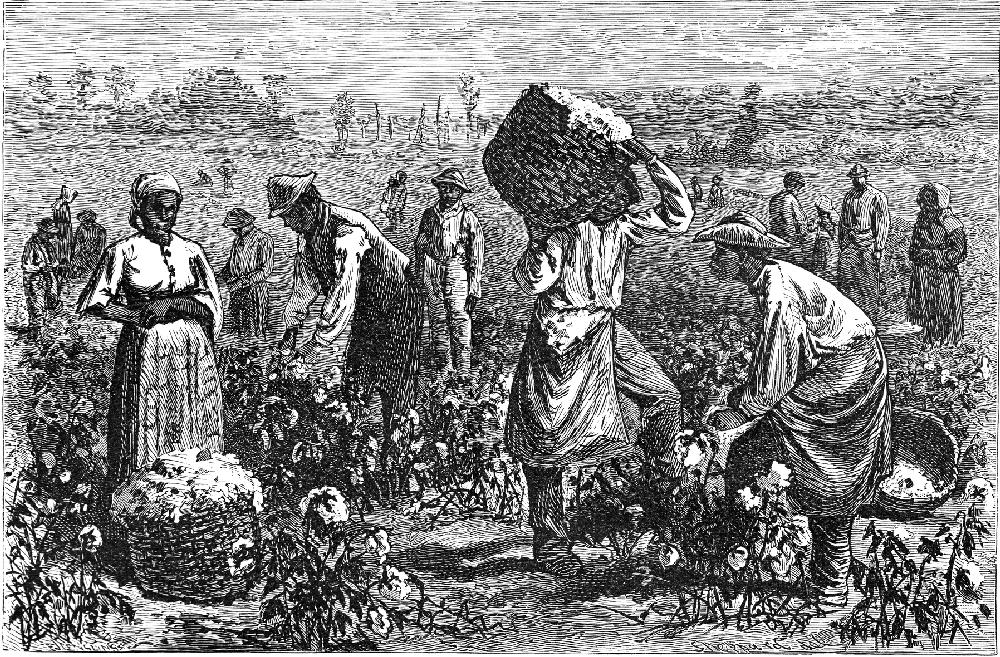*A Black woman named Henrietta Wood was born into slavery in Kentucky between 1818 and 1820. After being passed from one family to another, she ultimately sued one of her enslavers and won.
As Business Insider reports, Wood was first enslaved with the Tousey family in Kentucky. She was sold about a decade later for $700 to an abusive merchant named Henry Forsyth in Louisville.
Wood was a teenager when she was sold again to a French immigrant, William Cirode, in New Orleans.
Learn more about her backstory via the YouTube clip above.

Here’s more from Business Insider
“When Cirode abandoned his family due to legal issues, his wife, Jane, moved back to Cincinnati, where she rented out Wood as a domestic servant.”
Fearing debt collectors, Jane Cirode declared Wood free at an Ohio courthouse in 1848. This legally meant Wood could work as a free Black woman. She remembered that period of her life as a “sweet taste of liberty.”
But freedom was short-lived. Five years later, Zebulon Ward, a Kentuckian deputy sheriff who Cirode’s daughter and son-in-law, Josephine and Robert White, hired to capture Wood in Kentucky, kidnapped her. Wood was once again enslaved “illegally” for 16 years through the Civil War.
When she returned to Cincinnati in 1870, Wood sued Ward for $20,000. At the time, she estimated that every year she worked as a slave was worth $500 in labor costs.
In 1878, Wood won her case after an all-white jury voted in her favor eight years after filing her lawsuit. But Ward, a wealthy man, was ordered to pay only $2,500. According to Business Insider, it remains the most significant sum ever awarded by a US court for reparations.
Wood’s case is largely forgotten in history but was covered extensively by newspapers in 1878. The New York Times ran an article headlined “An Unsettled Account.” In the article, it was suggested that more formerly enslaved Americans might seek reparations.
“The United States Government may be asked to make good the loss of those whose property was suddenly clothed with the right of manhood,” The Times wrote. “But who will recompense the millions of men and women for the years of liberty of which they have been defrauded? Who will make good to the thousands of kidnapped freemen the agony, distress, and bondage of a lifetime?”
READ MORE: Why California Reparations was a FAILURE. #AB3121 (Opinion) | WATCH
We Publish News 24/7. Don’t Miss A Story. Click HERE to SUBSCRIBE to Our Newsletter Now!





